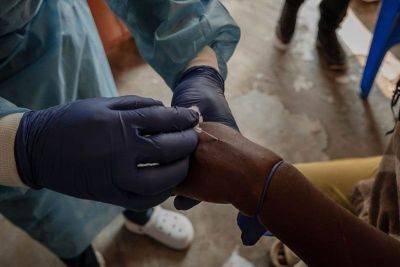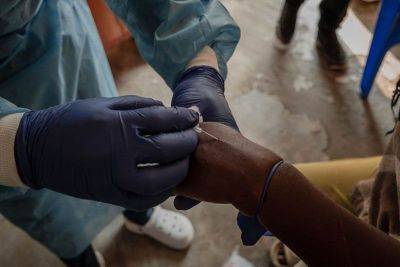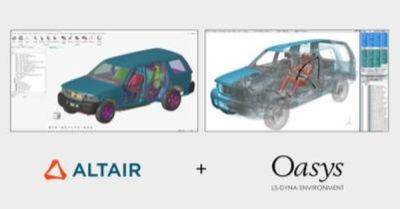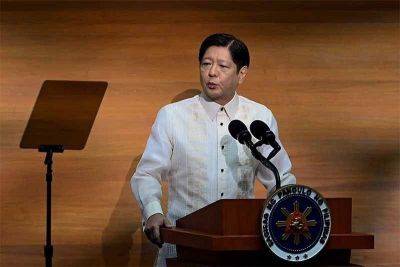‘Redefining poverty threshold creates illusion of progress’
MANILA, Philippines — A move to redefine the poverty threshold threatens to create an illusion of progress and poverty alleviation without addressing the real challenges and hardships faced by millions of poor families, a cause-oriented party-list group has warned.
The move is an artificial way of addressing the problem of poverty, even turning the issue into a mere “quibble over semantics,” according to lawyer Nicasio Conti of CLICK party-list, a computer literacy and access to connectivity advocate group.
“You cannot improve the condition of the poor by simply changing (poverty’s) definition,” Conti said.
Conti’s statements come in response to the release last week of the government’s poverty metrics, where persons spending as little as P21 per meal are not considered poor.
The figures, drawn from the Philippine Statistics Authority (PSA), indicate that the food threshold for a family of five was set at P8,379 in 2021, with adjustments to P9,581 last year.
CLICK stressed that the government’s criteria detaches policymakers from the harsh realities faced by millions of poor Filipinos.
Conti, a former commissioner of the Presidential Commission on Good Government and the Presidential Anti-Graft Commission, recalled that the proposal to adjust the poverty threshold has drawn parallelism to a similar policy implemented in 2003.
At that time, the National Statistical Coordination Board reduced the poverty line to an annual income P12,309, or P34.19 per day.
This redefinition resulted in a significant decrease in the official number of poor families from 4,146,663 in 2000 to 4,022,695 in 2003.
This statistical adjustment, however, was met with widespread criticism, as it was perceived as a superficial attempt to downplay the extent of poverty in the country.
“Back in 2003, the government’s adjustment to the poverty threshold led to a public outcry. People saw it as an attempt to mask the true depth of poverty rather than address its root causes,” Conti said.
“We are witnessing a similar attempt today, and it is crucial to remember that manipulating statistics does not translate into real-world improvements for those who are struggling,” he added.
To effectively ease







